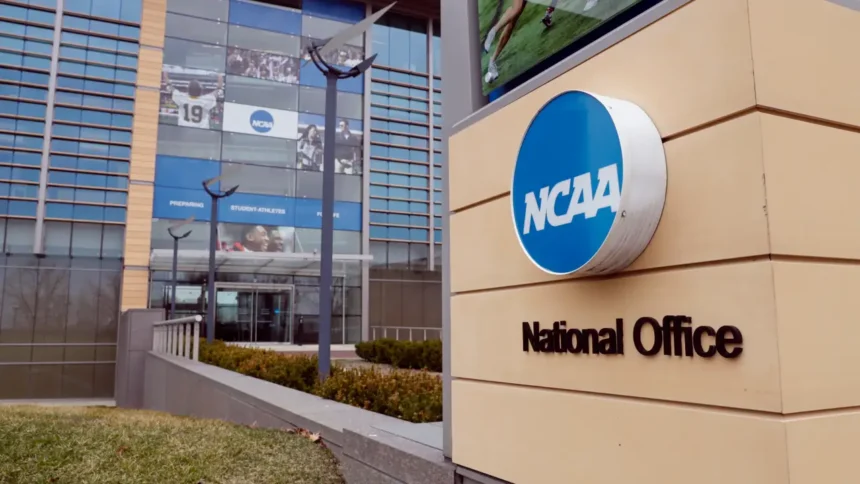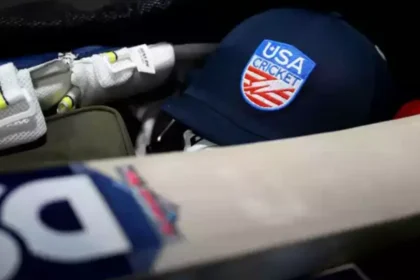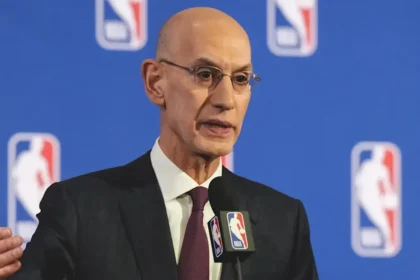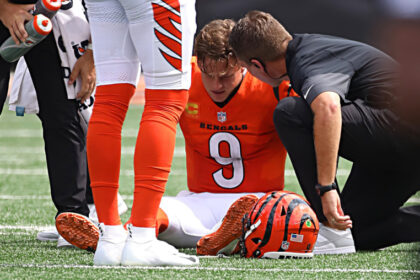Betting rules loosened in major shift, raising integrity and health-risk concerns
The NCAA has taken a historic step by approving a rule change to allow college athletes and athletic department staff to wager on professional sports — a major departure from its longstanding prohibition on all sports betting for student-athletes.
What’s Changing
After lengthy debate, the Division I Administrative Committee has adopted new regulations that will permit student-athletes and athletics staff to place bets on professional sports events. This change is contingent on similar approvals from Divisions II and III, and, if passed, was originally scheduled to take effect on November 1.
Under the update:
-
Betting on college sports remains strictly banned.
-
The sharing of insider information about college games with bettors continues to be prohibited.
-
The NCAA is not endorsing gambling; the change is framed around education and harm-reduction, not encouragement.
Why the Shift?
Proponents argue the move reflects modern realities: with legal sports betting widespread, the policy should adapt. Supporters on campus also believe the new rule lets the NCAA focus on protecting athletes’ well-being through education, rather than pushing gambling underground.
The rule change is accompanied by a commitment to boost resources: increased education about gambling risks, more mental-health support, and stronger programs to detect problematic betting behavior. The idea is not zero tolerance, but rather a proactive, measured approach.
Concerns & Pushback
Not everyone is comfortable with the change. Some university leaders and athletics figures worry that allowing athletes to gamble — even on pro sports — could lead to integrity problems, especially given how close college athletes are to professional networks and inside information.
Other critics emphasize the risk to mental health. Young athletes may be especially vulnerable to gambling addiction, and while the NCAA’s harm-reduction approach is a step, some believe it’s not enough to offset potential long-term damage.
Implementation Delayed
While the proposal initially aimed for a November 1 rollout, the effective date has been pushed to November 22. The delay comes as member schools use a rarely invoked “rescission period” to review and potentially reverse the decision.
This added time has sparked debate about how quickly the system can safely adopt the changes, and whether the NCAA has robust enough structures in place to monitor and support athletes who may now participate in legal betting.
Potential Impact
-
Integrity risk: With athletes now able to wager on professional sports, the boundary between influencing stakeholders (agents, coaches) and outright manipulation could blur.
-
Education burden: Schools will now need to prioritize educating athletes about addiction, responsible betting, and risk — transforming part of athletic programs into gambling-wellness programs.
-
Regulatory model: The NCAA’s move may serve as a case study for how other athletic organizations handle gambling policy — balancing legality, integrity, and athlete protection.
Final Thought
By allowing athletes and staff to bet on professional sports, the NCAA is acknowledging a new era in sports betting. But the shift comes with major questions: Can the association safeguard player health? Will integrity remain protected? And how will this change reshape the role of sports wagering in college athletics? The answers will shape not just policy — but the future of how athletes live, compete, and cope with risk.











